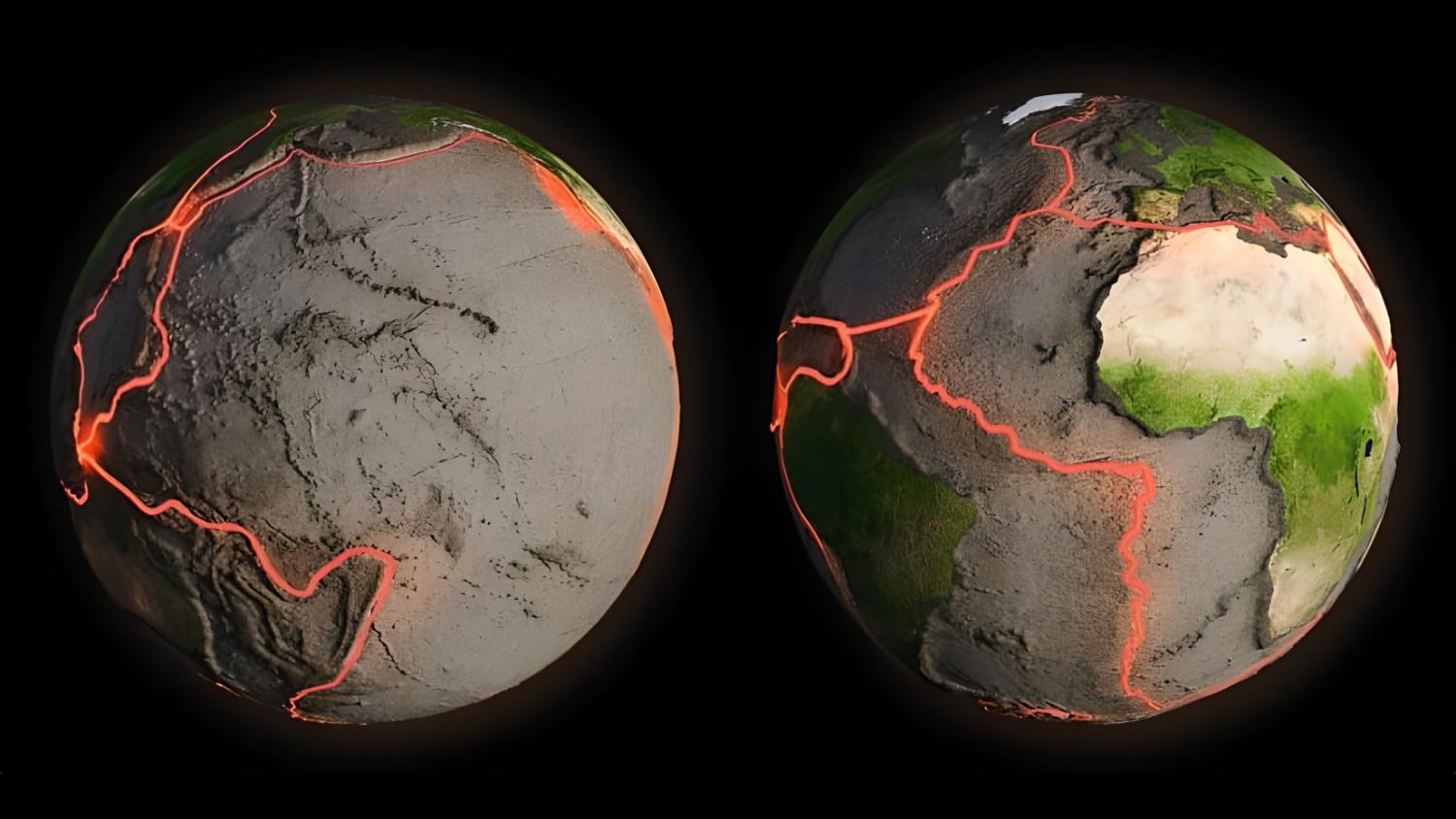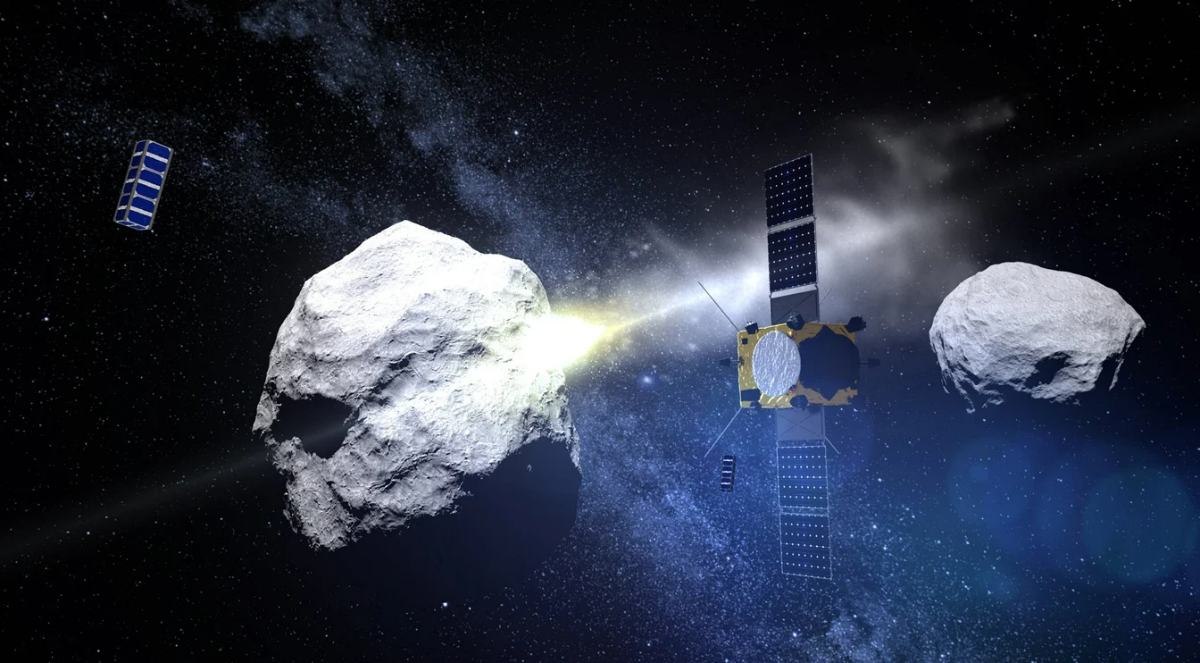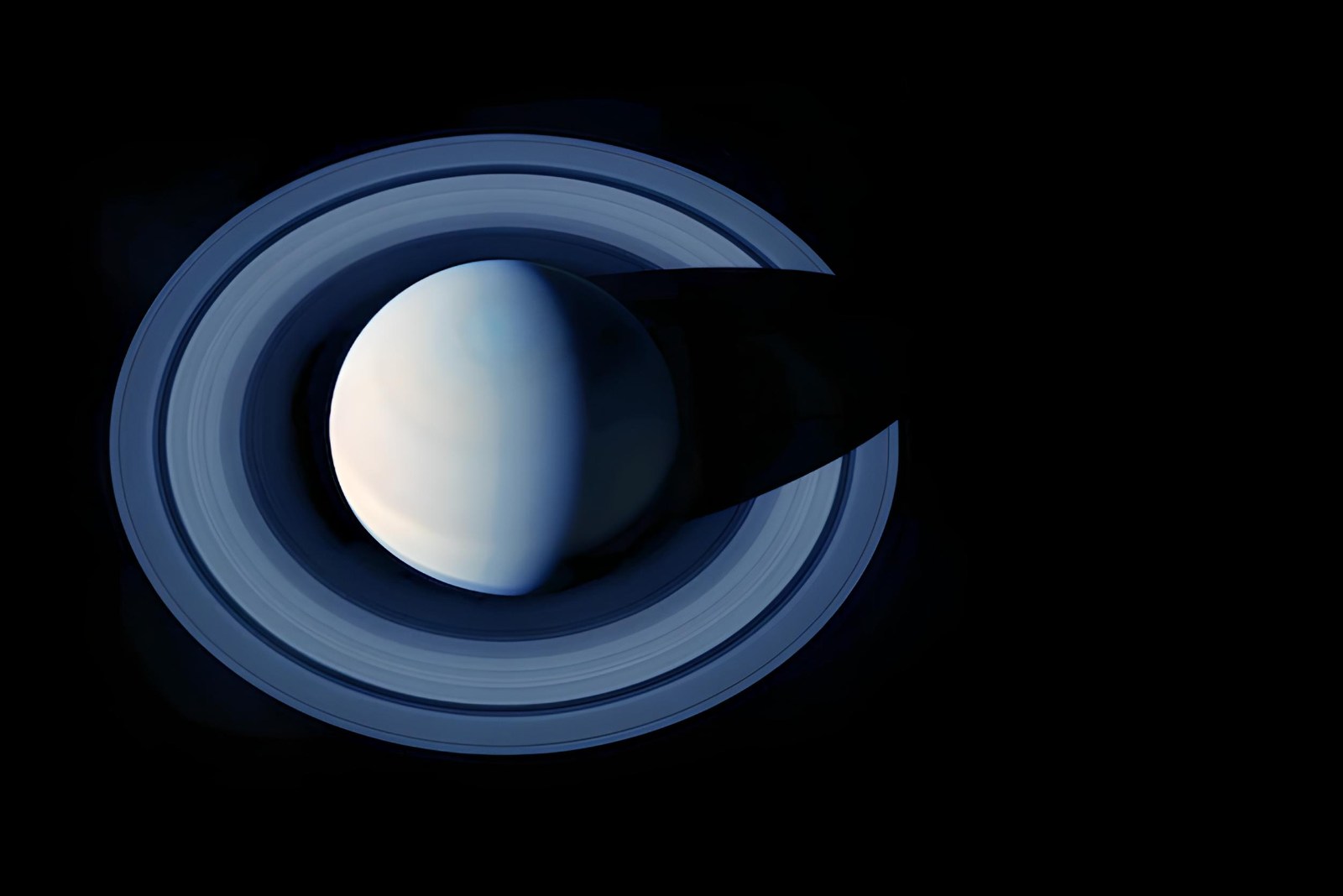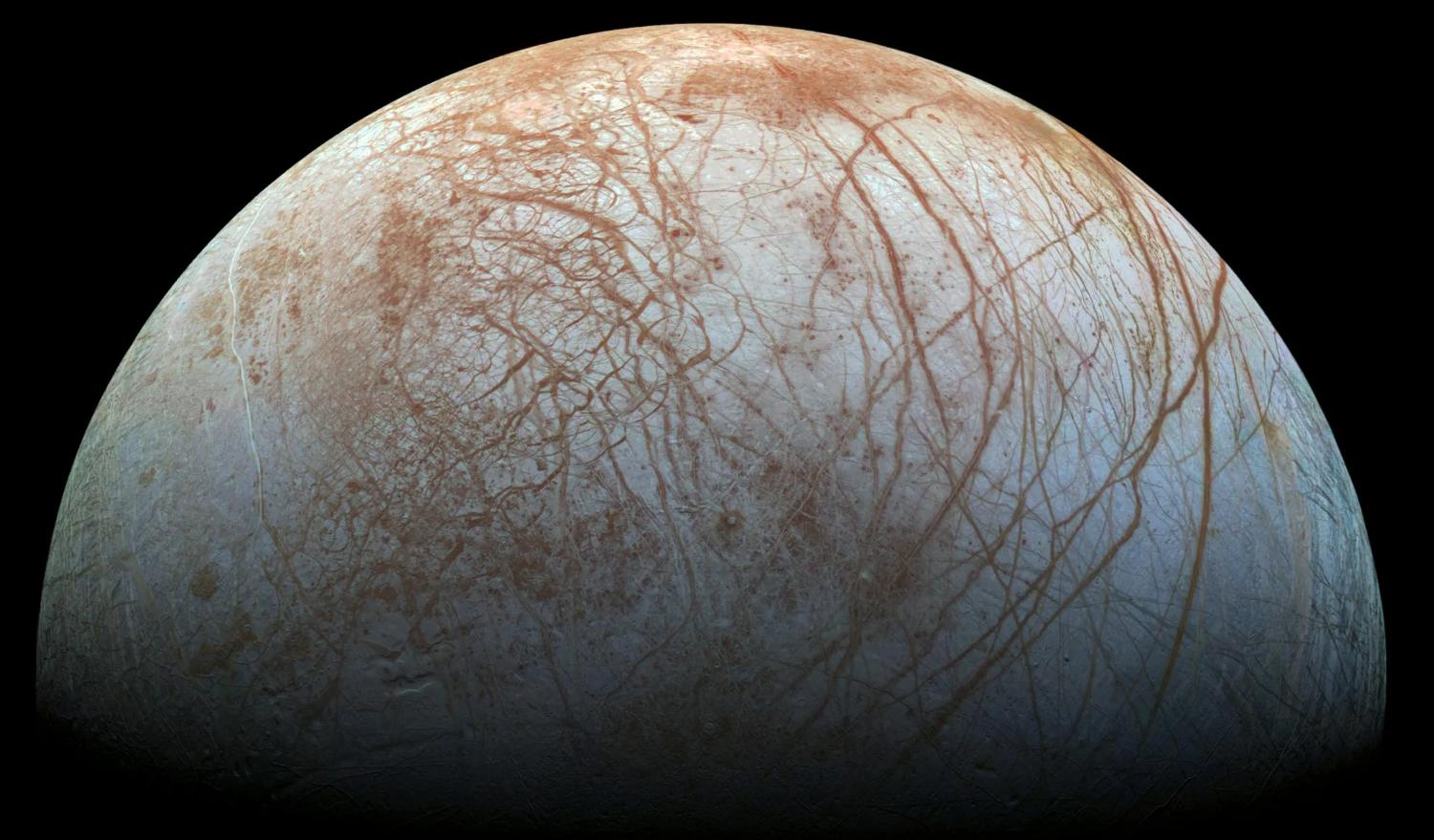Picture this: On the solar system’s rim, a ninth planet is slowly but surely taking shape. This scenario being close to reality is the opinion of several researchers. A planet further distant from the Sun than Neptune, Planet X has the potential to be one of the century’s most significant astronomical discoveries. While its existence has yet to be verified, the ninth planet of the solar system has been a topic of conversation for decades. The concept of a possible ninth planet, variously known as “Planet 9,” “Planet X,” and “Nibiru,” dates back to the 19th century.
Do we actually live in a solar system with nine planets, or is Planet X just a myth? Astronomers have spent decades on the hunt for a hypothetical ninth planet. What do we know about this phantom planet that could evolve at the edge of the solar system?
Although some in the scientific community have voiced their doubts about this proposal, believing that the data used to support it may be explained in other ways, the prospect of discovering a ninth planet in our solar system has sparked enormous excitement among other academics. The search for Planet Nine is aided by the development of new technologies and the appearance of new observatories, both of which have the potential to either identify an unseen planet or note its absence and close this file for good.
Exactly what is this mysterious Planet X?

Theoretical planets beyond Neptune’s orbit are collectively referred to as “Planet X” by astronomers. Planet X is the name astronomers have given to the planet we have yet to discover and, hence, have not given a name to. In mathematics, the letter “X” denotes the unknown. When its existence was first hypothesized via calculations, Pluto was given the designation “Planet X.”
Modern discussions about Planet X often center on a hypothetical planet 9 that forms near the solar system’s rim. It would be situated in the Kuiper Belt, which is the region of the solar system beyond the planet Neptune. If its existence is verified, it will likely be a gas giant planet like Jupiter, Saturn, Uranus, and Neptune, according to the most current speculations.
From whence did the idea that there could be a ninth planet emerge?
In the 19th century, in 1846, this idea emerged when scientists noticed quirks in Uranus’s orbit. Some scientists believe that the existence of a ninth planet, whose gravity would disrupt Uranus’s orbit, is the only possible explanation for these anomalies. Ultimately, it was Clyde Tombaugh’s 1930 discovery of Pluto that prompted the hunt for Planet X. However, Pluto’s mass is essentially inadequate to be responsible for the anomalies found in the velocity of Uranus. There are still many who believe the existence of a Planet 9 is an open mystery.
Is Nibiru perhaps the Solar System’s ninth planet?
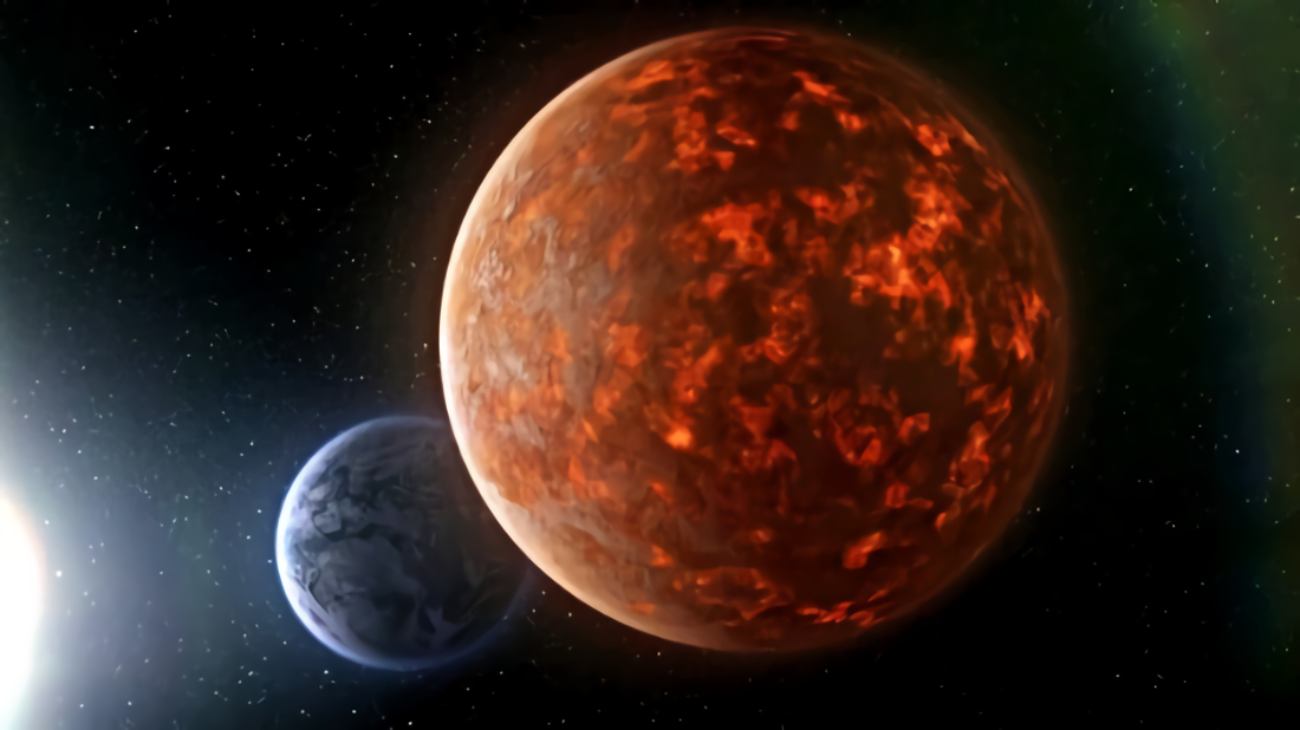
The idea that Nibiru is the name of a planet has no validity in science and is instead based on a mythological figure from Babylonian literature. The proponents of this idea argue that Nibiru is a star whose orbit is too eccentric for astronomers to have identified it yet and, hence, is a planet. Once every 3,600 years, this planet would get close enough to Earth to trigger natural calamities like earthquakes and volcanic eruptions. According to this idea, species extinctions throughout Earth’s history could have been triggered by these major catastrophes.
It was predicted that the world would end in December 2012, when the planet Nibiru would cross Earth’s path and collide with it. In the most recent instance, a fresh collision was reported on September 23, 2017, showing how often this forecast gets revived. Since this ridiculous hypothesis has been spread so extensively, NASA has issued a denial to put a stop to it once and for all. So, if some scientists believe in the existence of Planet X (the ninth planet), then Nibiru is only a myth.
Planet 9, Planet X, the planet goes by so many names
Since the 19th century, several explanations for the existence of a ninth planet have been proposed. Clyde Tombaugh, an astronomer, went on the hunt for Planet X in 1930, but he found Pluto instead. Around 2003, the fictitious planet Nibiru was proposed as an explanation for the existence of a ninth planet in our solar system. Planets beyond Neptune’s orbit are collectively referred to as “Planet X.”
According to the hypothesis, the Sun would form a binary system with a hypothetical star named Nemesis. That is, they would share a single center of gravity with one another. The scientific community has generally disregarded this notion since they feel that if such a star existed, it would have been discovered by now.
Planet X: myth or reality?
The possibility that a ninth, undiscovered planet is developing near the solar system’s rim is a concept that continues to enchant many scientists today. The likes of Mike Brown and Konstantin Batygin stand out among them. These two scientists, together with their colleagues, are diligently following the progress of this obscure star. In 2016, researchers concluded that an invisible planet nearly 10 times heavier than the Earth impacted the unusually elliptical orbits of 6 Kuiper Belt objects.
In 2022, a research added more supporting evidence to this notion, which was published in the scientific journal Nature. In addition to Jupiter, Saturn, Uranus, and Neptune, the authors postulate the existence of a fifth gaseous planet. According to others, a planetary system similar to our own can be achieved by adopting a model of solar system creation that includes five gas planets rather than four. Where exactly this planet is situated and whether or not it is still in existence are both open questions.
Even if all we have to go on for Planet X at this point are a few hints as to its existence, the discussion continues. While some researchers believe this to be nothing more than an urban legend and that no planet of this type could pass unnoticed, others believe it has some basis in truth and helps explain the present solar system structure.









